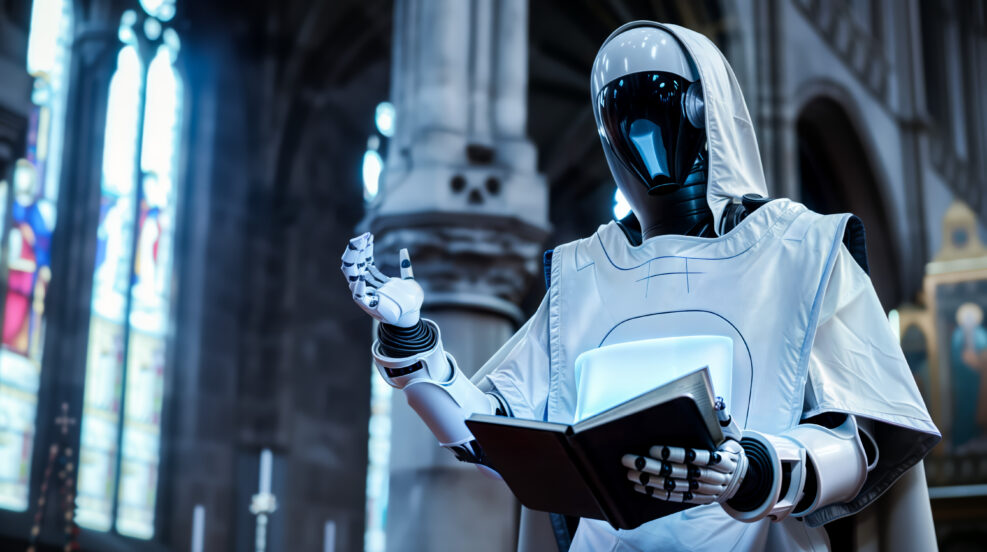
Father Justin, a Chatbot, is Absolving Sinners
Critics are calling for the AI priest to be "taken down immediately."Catholic Answers is a “media ministry that serves Christ by explaining and defending the Catholic faith,” according to their description on X. For Catholic observers, it serves as a good resource for deepening one’s faith and finding clarification on certain Catholic doctrines. However, the site recently introduced a controversial new member to the team: Father Justin, a chatbot “priest” designed to help answer people’s questions about Catholicism. In defense of this AI app, Catholic Answers said, As a leading Catholic apostolate, Catholic Answers is committed to leveraging the latest technologies to advance its mission of explaining and defending the Catholic faith. The Father Justin app is the latest example of this commitment, providing a new and appealing way for searchers Read More ›


















